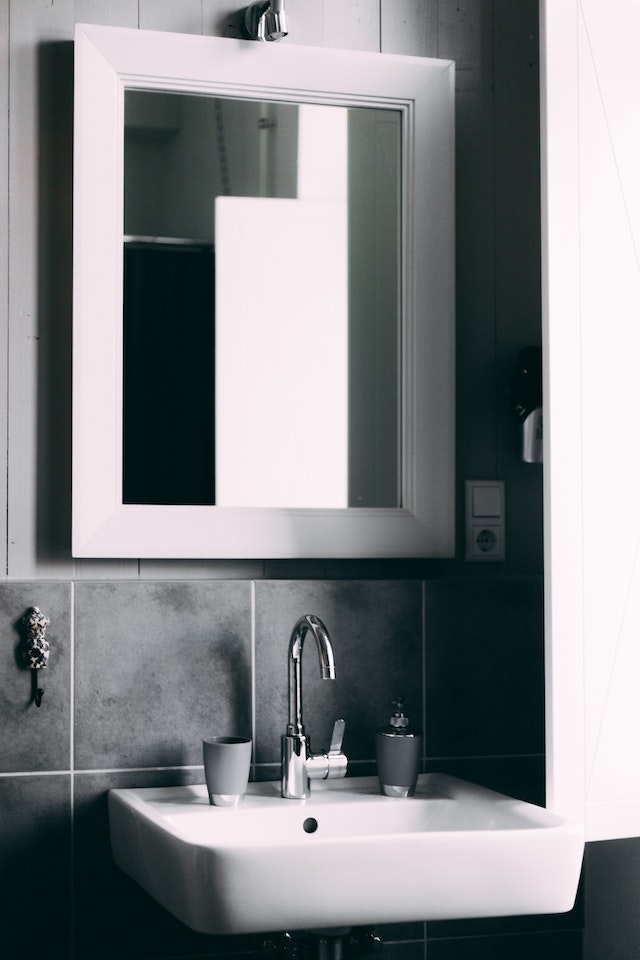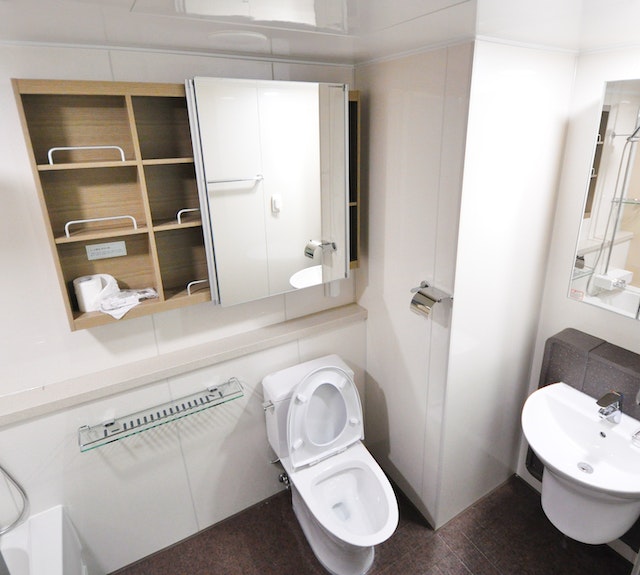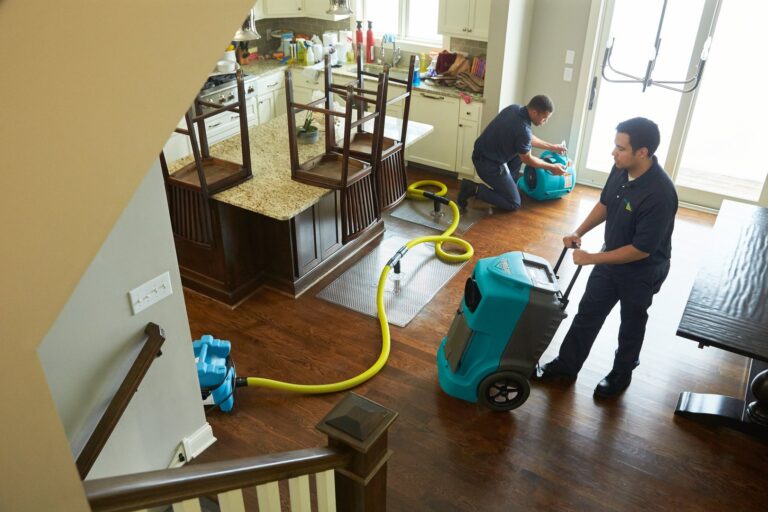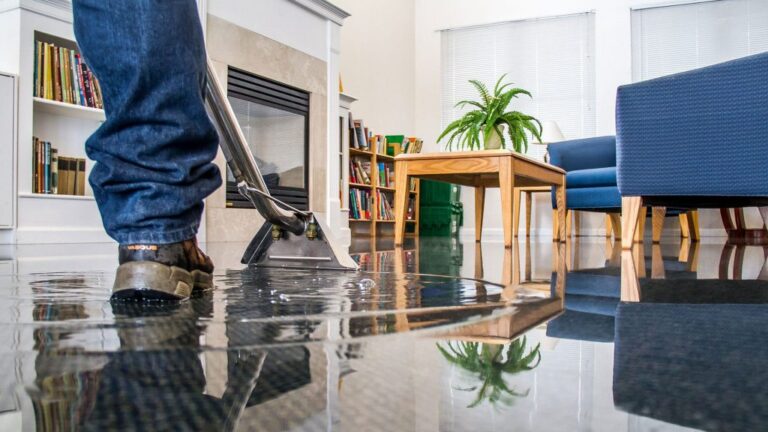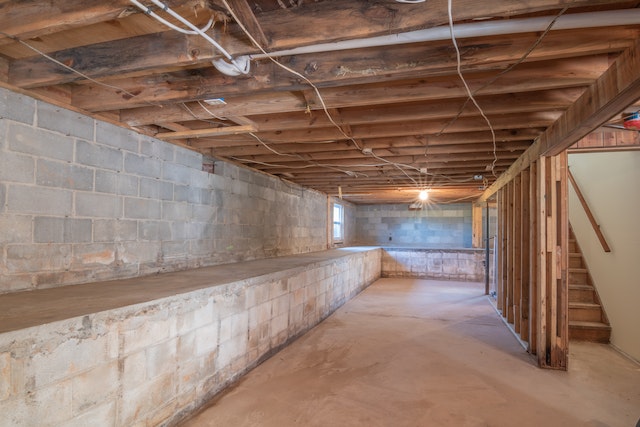Did you recently come home to a burst pipe in the bathroom? Pipes can burst for various reasons, some of which are preventable. When they do burst, though, they often cause extensive damage to your bathroom’s floors, walls, ceiling, and cabinets.
In addition to properly repairing your bathroom’s plumbing, you’ll also want to ensure any standing water is properly removed. We have compiled a list of steps to take after you notice a burst pipe in your bathroom. We’ll also review some of the most common causes of burst pipes in the bathroom and how you can prevent it from happening to you.
Burst Pipe in the Bathroom? 8 Steps To Take Now
A leaking or burst pipe is every homeowner’s worst nightmare. Minimize damage and protect your home with the following steps:
Call In Professional Help
One of the first and most beneficial calls you can make after a busted pipe in the bathroom is to a local water restoration company. In addition to helping you clean up any water damage, a water restoration company can also help with filing an insurance claim, outsourcing repairs, and guiding you through each step of the process.
Turn Off the Water Main
Before attempting to locate or fix the burst pipe, you’ll need to turn off the water valve. Your home’s water main valve may be in the basement or water heater closet. Although less common, you may have to enter your home’s crawl space to access the water main valve.
Drain the Faucets
After turning off the water main, you should drain all the faucets in the household to get rid of any leftover water in the pipes. Don’t forget to flush and drain all the toilets in the home to remove all excess water.
Locate the Broken Pipe
Once you pinpoint the broken pipe and drain the extra water, take the necessary steps to repair it. Some homeowners may feel comfortable enough to repair a burst pipe independently. Smaller cracks may be easier to repair, but anything larger may require the specialized services of a professional plumber.
A burst pipe can happen in the open or behind the bathroom walls. If the water damage is primarily behind the walls, you should shut off the water supply and contact a professional.
Identify the Cause
It may be too late to prevent all water damage, but identifying the cause could help you avoid additional problems. For example, supplying the existing pipes with warm air can prevent additional ice from forming, which could cause even more water damage.
Check Nearby Pipes
The same things that led to a pipe bursting in your bathroom may also affect nearby pipes. You can avoid additional pipes bursting by having a professional inspect nearby pipes. A small water leak in a nearby pipe may need prompt repairs to avoid more pipes bursting.
Take Note of the Damage
Take note of the damage as soon as possible. This includes checking for mold or bacteria growth. Ideally, you’ll want to document the damage before beginning any cleanup attempts, so you have proof to file an insurance claim.
Many insurance companies do cover water damage but often require careful documentation. Your water restoration company can help you document the damages, repairs, and costs, which can help with filing a claim.
Clean Up the Water
Once repairs are made, it’s time to start cleaning up the mess. Larger floods or water standing for more than 24-48 hours typically require professional water remediation services. However, in the meantime, you can remove larger puddles of water.
The biggest problem with a burst pipe is that it often leads to a lot of standing water in places that aren’t easily visible.
Water can leak into the cabinets, floors, and walls. If all standing water isn’t removed properly, it will lead to mold and bacteria growth.
Who To Call First for Burst Pipes in the Bathroom
Nashville Water Damage Restoration should be one of your first calls following a burst pipe in the bathroom. Water and mold remediation companies are experts in repairing leaks and avoiding mold.
The local company you choose will ensure that every square inch of your house is free of water and dangerous air spores.
What Causes a Pipe Burst in the Bathroom?
Some of the most common causes of burst pipes in the bathroom include:
- Frozen pipes: Tennessee can get cold weather in the winter months. While less common than in other states, cold weather can lead to ice forming in the pipes. As the water freezes and unfreezes, it affects the pressure in the pipes, which may lead to them bursting.
- Blocked pipes: A burst pipe can also occur from a blockage. Common causes of blocked pipes include rust or tree roots growing into the water pipe.
- High water pressure: Excessive pressure can lead to pipes bursting.
- Clogged toilet: Many homeowners are surprised to learn that a clogged toilet left unrepaired could also lead to a leak or broken pipes.
Signs of a Burst Pipe in the Bathroom
Bursted pipes can be scary for most homeowners, so knowing the signs is essential. A leaking or bursted pipe can cause contaminated flooring, damaged drywall, spore growth, and appliance failures.
The most obvious sign of a burst pipe in the bathroom is water damage. Other signs of a burst may include a leaking pipe or lower-than-usual water pressure. A small water leak from deep freezes could also indicate a problem with your bathroom’s plumbing.
Frequent leaks in your home’s plumbing could also mean corroded or rusted pipes. Small leaks will eventually get worse and may lead to extensive damage. A higher-than-average water bill could also indicate a problem with your home’s plumbing.
Of course, you could also have visible water damage, which requires the services of a professional water damage restoration company.
How To Prevent a Burst Pipe in the Bathroom
There are a few things you can do to prevent a burst in the bathroom, including:
- Open the cabinet doors: Opening the cabinet doors allows warm air to reach the pipes. As water freezes, it expands and puts extra pressure on the pipes. The solid-state of the water can easily lead the pipe to burst.
- Allow the faucets to drip slowly: A slow flow of water through the faucets also prevents ice from forming in the pipes.
- Broken seal: Broken plumbing seals can lead to small pools of water on the floors. The changing pressure can also put you at risk of a burst pipe.
- Corroded or rusted pipes: When your pipes are corroded or rusted, they are less durable. The added pressure of water can lead to a leak or pipe burst.
When a pipe bursts in the bathroom of your Tennessee home, it can lead to expensive water damage. The faster you contact a licensed plumber and local water damage restoration company, the more you can minimize damage and prevent mold growth.

